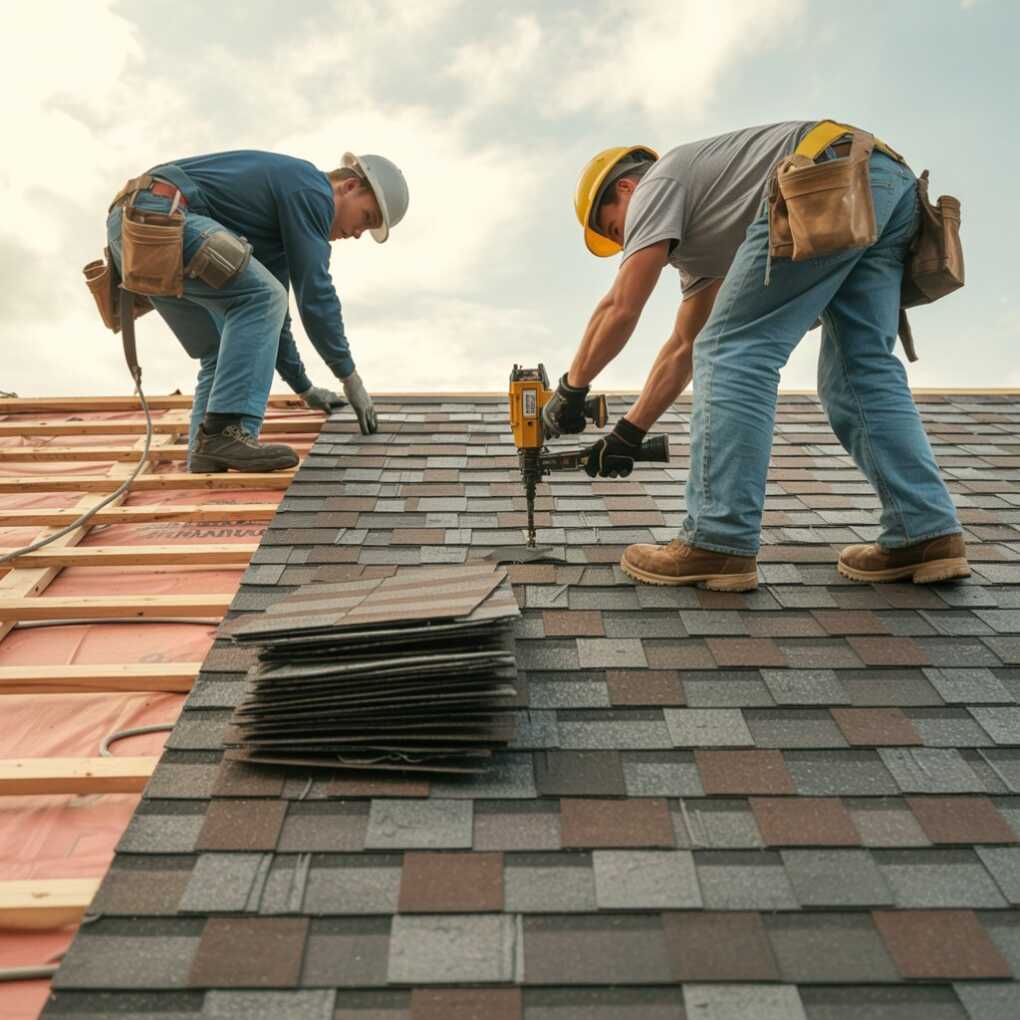Roof replacement is a major investment in any property, and asking the right questions before hiring a roofer can save you time, money, and future stress. Whether dealing with leaks, aging materials, or storm damage, choosing the right contractor isn’t just about price—it’s about knowing who you trust with your home. Asking direct, informed questions helps reveal a roofer’s transparency, experience, and approach to the job. We will explore key questions that homeowners should ask to understand the roofing process, contractor reliability, and what to expect from beginning to end.

Key Questions to Ask Before Committing to Roof Replacement
What Type of Roofing Materials Do You Recommend for My Home?
The kind of roofing material a contractor recommends can tell you a lot about their understanding of local weather conditions, home architecture, and long-term durability. Not all materials are suitable for every home, and you’ll want to know the options available, along with the pros and cons of each. For example, asphalt shingles are common, but metal, clay, or composite roofing may offer longer lifespans or better resistance to environmental wear. When planning a roof replacement in Austin, choosing materials that can handle Texas heat, sudden storms, and strong UV exposure without deteriorating quickly is especially important.
Ask your roofer to explain why they’re recommending a specific material over others and how that choice fits with your home’s structure and personal priorities— longevity, cost-effectiveness, or energy efficiency. It’s also smart to ask if there are options that might reduce your long-term maintenance or utility bills. A roofer who can walk you through the material options clearly and objectively will help you decide based on what’s right for your home rather than what’s easiest for them to install.
Can You Provide a Written Estimate and Detailed Contract?
Understanding the financial side of a roof replacement is crucial. Always ask for a written estimate outlining labor, materials, removal of old roofing, permits, and other associated costs. This allows you to compare bids and avoid hidden charges later. But equally important is a detailed contract that spells out the full scope of work, timelines, payment terms, warranty details, and responsibilities of both parties. A clear contract sets expectations and protects you and the contractor in disputes.
Don’t accept vague figures or verbal promises—everything should be documented. If there are contingencies like unexpected structural repairs or weather delays, make sure those scenarios are addressed in the agreement. Asking about the payment schedule can also reveal whether a contractor is financially stable or relies on up-front cash to fund basic operations. Reliable roofers are comfortable operating with milestone-based payment plans tied to visible progress.
Are You Licensed and Insured for This Type of Work?
Roofing involves working at heights, removing heavy materials, and ensuring structural integrity—all of which carry risks. To protect yourself, confirming that your roofer holds the appropriate licenses and insurance is vital. A valid license shows they meet local regulatory standards and are authorized to work in your area. Insurance protects you if something goes wrong, especially liability and workers’ compensation.
For example, if a worker gets injured on your property or your home is accidentally damaged during the project, you don’t want to be held financially responsible. Ask to see current documentation and not just take a verbal “yes” as proof. You might even consider contacting the insurer or licensing authority to verify coverage. This step gives you peace of mind and ensures you work with a professional who values safety and accountability. This question should be non-negotiable in your screening process.
How Will You Handle Unexpected Issues During the Project?
Every roofing job carries the risk of uncovering hidden problems once the old materials are removed. This could include rotted wood, mold, or structural weaknesses not visible during the initial inspection. Asking how contractors handle these issues reveals their problem-solving approach and whether they’ll keep you informed throughout the project. Will they pause and give you options, or proceed with additional repairs and only inform you after the fact? Get clarity on how they assess and price unforeseen work, whether they’ll document it with photos, and how it will affect your timeline. A reliable roofer will have a clear process for addressing surprises, including your approval before additional work is done. Understanding how the contractor navigates challenges can help you avoid being caught off guard by rising costs or extended deadlines. It also builds trust when you know they have a plan for the unexpected.
Conclusion
When you decide to replace your roof, asking detailed and thoughtful questions helps you avoid common pitfalls and ensures the project runs smoothly. Each of the five questions outlined above aims to help you assess the roofer’s transparency, reliability, and attention to detail—qualities that matter as much as technical skill. From choosing the right materials to understanding your warranty coverage, these conversations set the tone for the entire experience. By being proactive and informed, you empower yourself to make choices that align with your needs, budget, and long-term goals. Don’t be afraid to dig deep into the details—this is your home and investment. Let your questions lead the way toward a roofing project that meets expectations from start to finish.
